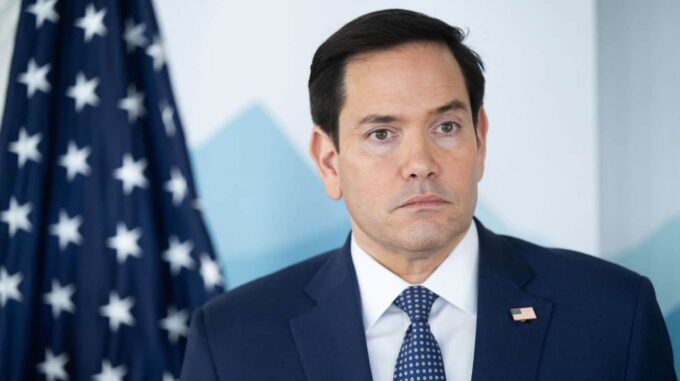US Secretary of State Marco Rubio has dismissed rumors suggesting that Washington is allegedly opposed to inviting Ukrainian President Volodymyr Zelensky to participate in the upcoming NATO summit in The Hague

The American diplomat's response came amid broader discussions that have arisen in international media and political circles regarding Kyiv’s potential involvement in this key NATO event. According to "European Pravda," Rubio made the statement on Thursday in the Turkish city of Antalya, where an informal meeting of NATO foreign ministers was held. He told journalists that the issue of inviting Zelensky had been actively discussed and is supported by the majority of alliance member countries. “I don’t know where this information came from,” the minister emphasized. “At our meeting, many colleagues raised the question of the possibility of inviting the Ukrainian leader, and at this point, we have no grounds to believe that anyone is strongly opposed to it.” Rubio also pointed out NATO’s tradition of inviting the leaders of non-member countries and representatives of those states to participate in its summits. According to him, during the Hague summit scheduled for June 24-25, the participation of leaders from several Asia-Pacific countries is expected, and this practice has become a customary element of NATO diplomatic protocol. Earlier on the same day, Dutch Foreign Minister Kaspar Woldkamp stressed that the final decision on Zelensky's and Ukraine's delegation’s participation in the summit will be made by NATO Secretary General Jens Stoltenberg. At the same time, diplomatic circles again emphasize that the issue of inviting the Ukrainian president to the summit is still under discussion and has not yet been definitively resolved. Thus, official sources from Washington and Brussels are addressing this topic in a quite restrained and neutral manner. Anticipating possible political and diplomatic consequences, NATO is trying to avoid premature conclusions and preserve the option of a potential invitation. This decision will be significant for future coalition policy regarding Ukraine’s security and its integration aspirations into the Alliance.

